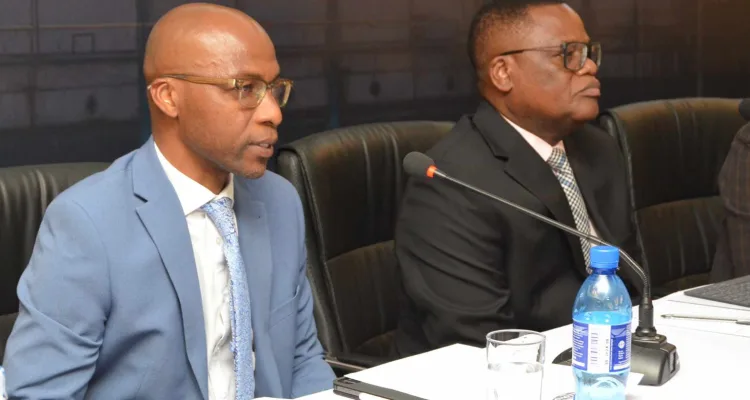
Illovo Sugar Malawi plc has complained that the introduction 10 percent corporate income tax for profits above MK10 billion will discourage investment spirit in the country.
This comes as the Malawi government has in the 2024/2025 budget which is pegged at MK5.98 trillion. The budget proposes the extension of the application of the additional 10 percent corporate income tax on businesses that makes profits above 10 billion Kwacha saying it want to ensure equal and fair treatment of super normal profits. Previously , the tax only applied to farmers but now it will be affecting all companies
However, Illovo Sugar Malawi plc Board Chairperson Jimmy Lipunga, who was speaking to reporters on Thursday, 29 February, 2024 after the company’s 59th Annual General Meeting (AGM) at Ryalls Hotel in Blantyre, described the extension as counterproductive.
Lipunga said before extending the tax policy, the Malawi government was supposed to first think of the amount of money companies do spend to make such profits and he has then suggested that authorities should review the tax.
“It’s not very good news for us and I don’t think it’s good news for companies in general. The reference to 10 billion Kwacha is arbitrary because one has to look at the level of investment that you have actually put. The asset base of Illovo is massive because shareholders have put in a lot of resources, so to trying to introduce an additional tax above 10 billion Kwacha, it is basically discouraging investment.
“We are hoping that this tax measure is an interim one and perhaps will be revisited in the near future. It doesn’t help, in fact, the cause for economic growth. In order to stimulate growth of new enterprises, you actually should be going the other way. You should be reducing taxation, because that reduces the cost of capital,” complained Lipunga.
The Board Chairperson further worried that cyclones have washed away some of the cane fields, have destroyed infrastructure, and the recent floods in Dwangwa, circumstances which he said are threatening the capital base of the company.
Lipunga continued by saying adding an additional 40 percent tax on top of all such attacks, becomes a challenge to finance other projects that were in the pipeline requiring substantial resources from the same company.














